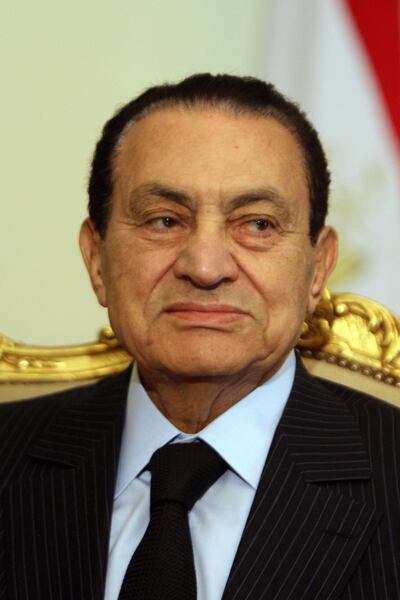Britain repeatedly turned down Egyptian requests to extradite an extremist sheltering in London who was later linked to the murder of a leading anti-Taliban commander two days before the September 11, 2001, terrorist attacks, newly-released documents from the 1990s show.
Yasser Al Sirri applied for political asylum in the UK in April 1994, the month after he was sentenced to death in his native Egypt for his alleged involvement in a failed bombing targeting then prime minister Atef Sidqi.
British government documents from the 1990s released on Wednesday show that Egyptian authorities repeatedly asked for the return of Mr Al Sirri to face punishment and expressed scepticism that the UK could properly monitor extremists on its soil.
British officials told Egyptian envoys that they would do everything they could under British law, but said they “lacked any evidence of terrorist activity by Egyptians in UK”, according to a 1995 Foreign Office briefing note.
Mr Al Sirri successfully avoided being returned to Egypt, where he was sentenced again in 1999 to 15 years in prison for membership of a banned organisation.
He remained in Britain despite penning a letter of introduction that was used by two suicide bombers to trick their way in to see General Ahmad Shah Masoud, the leader of the Northern Alliance, by pretending to be journalists wanting to interview him.
General Masoud was thought to have been killed on the direct orders of Osama bin Laden immediately before the attacks in Washington and New York as he represented the most effective ally if the West launched retaliatory attacks on the Taliban.
Mr Al Sirri was due to stand trial in London accused of conspiring to murder General Masoud but a judge threw out the case in 2002 as it was not clear that he knew the intention of the bombers. The letters carried by the killers turned out to be elaborate forgeries of Mr Al Sirri’s originals.
The Egyptian also successfully avoided extradition to the US to face terrorist funding accusations.
He is believed to have remained in Britain despite being found with Al Qaeda material and an unpublished manuscript written by Ayman Al Zawahiri, the founder of Egyptian Islamic Jihad, and the successor of Osama bin Laden. Mr Al Sirri was pictured in 2008 with Abu Qatada, the extremist preacher described by officials as the spiritual leader of Al Qaeda.
“The 1990s was a decade where the UK government took a woefully lax approach towards Islamist extremism,” said Robin Simcox, director of the London-based Counter Extremism Group.
“The UK allowed various Middle East and North African agitators to be given refuge in the UK, despite these individuals’ support for terrorism and their support for the creation of an Islamic state.
“We are still living with the negative consequences today."
A briefing document prepared for a dinner including then Prime Minister John Major and the Egyptian ambassador to the UK cited the “irritant” of Egyptian extremists in the UK – including a reference to Mr Al Sirri - in “our otherwise excellent bilateral relations”.
It added: “The Egyptians claim that some are supporting terrorist activity in Egypt. We have found no evidence for this.”
The comments came just weeks after Hosni Mubarak, Egypt’s president, survived an assassination attempt when gunmen opened fire on his car as he arrived for a summit in Addis Ababa.
The briefing notes said the incident was likely to have involved Egyptian militants, with Sudanese support.



